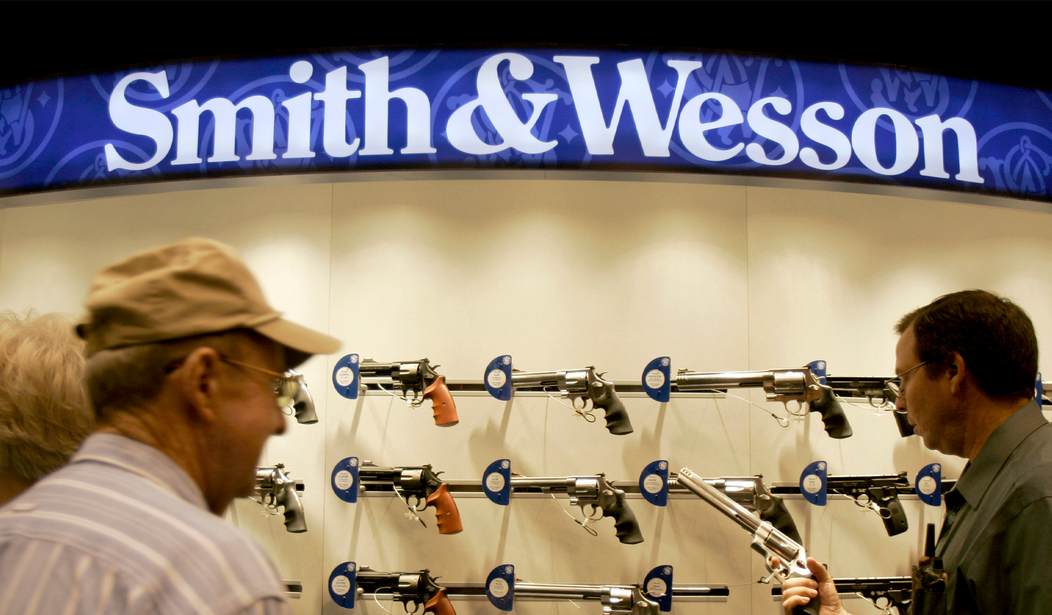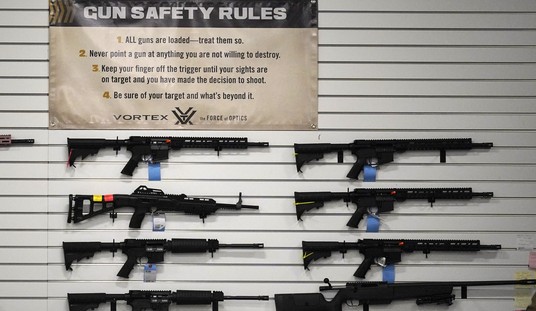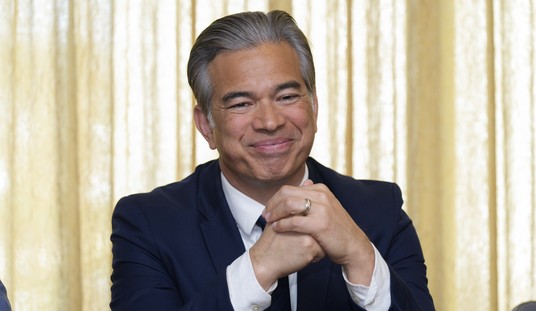They are unwelcome in many states where the firearms industry has long had a presence. Still, the Washington Post does its best to minimize the genuine concerns of industry officials in a new piece that highlights the fact that many gun companies are pulling up roots and leaving blue states behind for greener pastures elsewhere.
Take the WaPo’s reporting on Smith & Wesson, for example. The company announced earlier this year that it was moving its headquarters from Springfield, Massachusetts to Tennessee, in large part because of the increasingly hostile state legislature in Boston. Last year a bill was introduced that would have banned the company from manufacturing so-called assault weapons at its Springfield factory, and while the bill didn’t pass the legislature there’s no way that a company like Smith & Wesson could easily remain in a state that’s demonstrated such animosity towards the firearms industry and their products.
[Timothy] Sheehan, the city’s chief development officer, said he understood the difficult position that the company was in.
“I can also understand the point — the social point — that the legislation was driving at,” Sheehan said.
“But, in my mind,” he said, “you also need to weigh that with the economic impact.”
The bill didn’t pass.
But Smith & Wesson is not coming back.
[Bud] Williams, the Springfield representative, was among the bill’s co-sponsors.
He knew what it could do to a company in his own backyard.
And he’d once been a big supporter of Smith & Wesson. It was the kind of place where a local kid could land a good job right out of high school and stay a lifetime. As a city councilman, he’d helped push for the company to get property tax cuts. He’d encouraged police departments to buy Smith & Wesson weapons.
But Williams increasingly took note of the toll of gun violence. It wasn’t just the mass shootings. There were the many smaller shootings that seemed to barely make the news.
Smith & Wesson refused to talk about any of it, he said.
He’d seen enough. It was too much. It didn’t matter anymore to him that this was a hometown company.
“I just felt that with all these shootings,” Williams said, “at some point it’s time to put lives over profit.”
Smith & Wesson is expected to open its headquarters down South next year.
Its new home is in a Tennessee county that a couple of years ago declared itself a Second Amendment “sanctuary,” where local leaders vowed to fight against gun control.
Massachusetts may one day run every single gun company out of the state, but that won’t have any impact on violent crime in Boston, Worcester, or Springfield. And contrary to Williams’s assertions, it isn’t Smith & Wesson that has changed over time. It’s lawmakers like himself who’ve pivoted. When exactly did Williams come to the conclusion that he could no longer support the gun company? He was on the Springfield City Council from 1993 to 2008; when he was first elected Massachusetts (and the rest of the country) experienced higher rates of violent crime than what we’re witnessing today. Why did Williams suddenly decide that the gun company wasn’t worth supporting? Was it truly a change of heart, or a change of position from city council member to state legislator? It’s one thing to be a Democrat supporting one of the biggest employers in your city, but if Williams wants a future in Democratic politics in Massachusetts he knows there’s really only one position to take when it comes to the right to keep and bear arms.
It’s Democratic policies, not irrational fears from corporate executives, that are driving these gun companies away from states like Massachusetts, New York, and Maryland, and it shouldn’t shock the Washington Post’s writers to learn that Second Amendment-friendly states like Tennessee and Georgia are reaping the benefits. Moving a major manufacturing facility isn’t something done on a whim or on a short-term basis. When these companies pull up stakes and set out for a new home, they’re obviously looking for a place where they can grow for decades to come, and that puts states dominated by anti-gun Democrats out of the running.
The growing hostility towards the firearms industry is just part of a bigger problem in these anti-gun states. Maybe the Washington Post can do a follow up focusing on the fact that Massachusetts, Maryland, and New York have all seen their overall population decline in recent years. It’s not just gun companies who are feeling unwelcome in these blue states; there are plenty of now-former residents who’ve also fled for a better life beyond their blue state borders, and I’m guessing a healthy number of them are enjoying and appreciating their newfound Second Amendment freedoms in a way they never could in the place they used to call home.









Join the conversation as a VIP Member